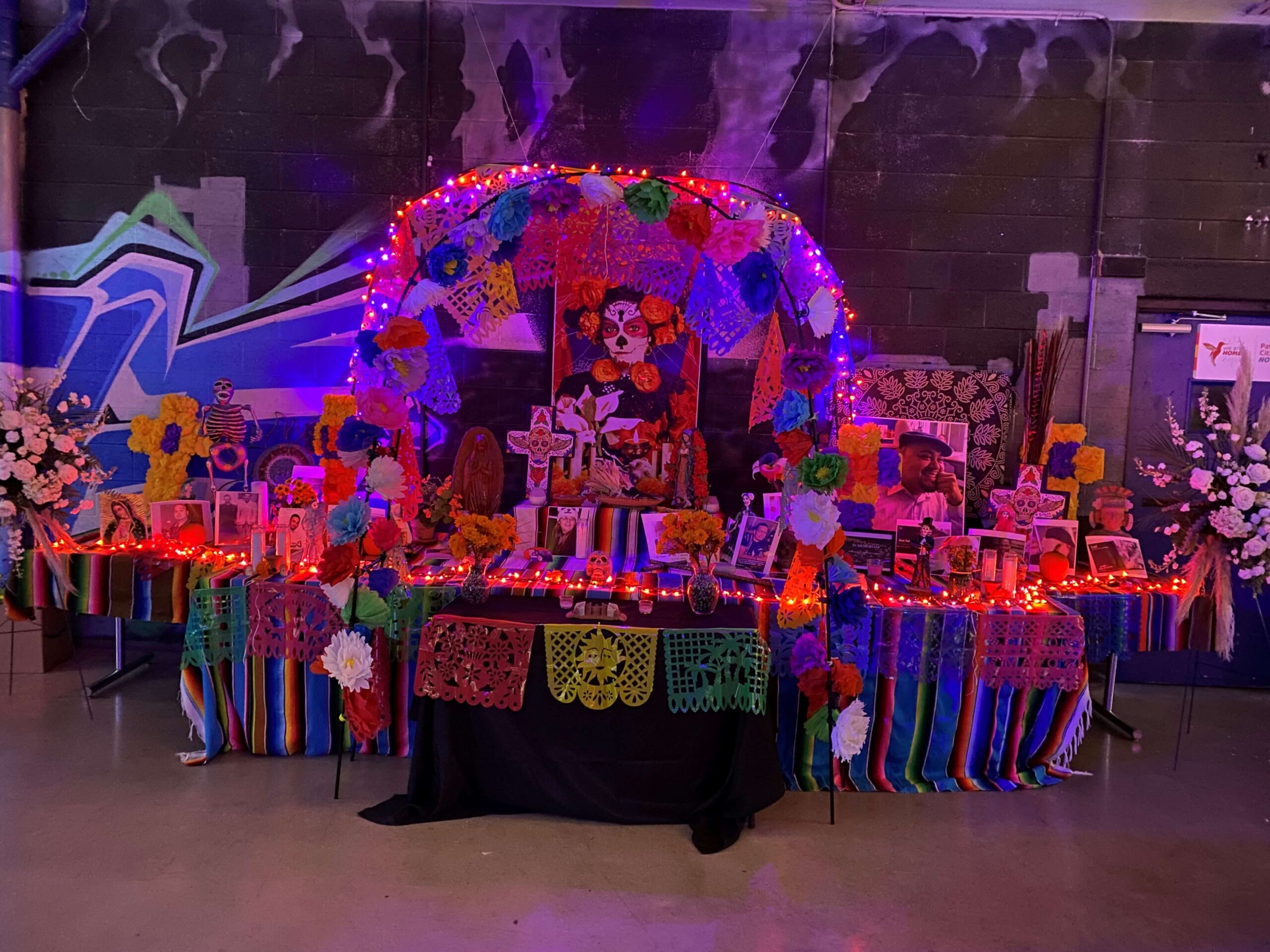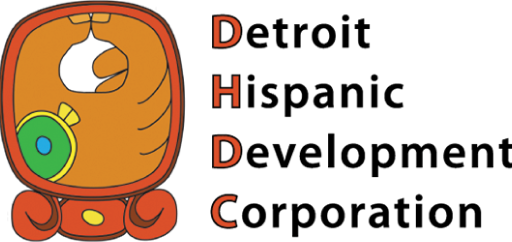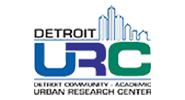DHDC’s Programs
Detroit Hispanic Development Corporation works in two critical areas: individual-level change and community/systems-level change. Our programs are designed to increase resident capacity as agents of change and self-determination in their own families, schools, and communities, which is fundamental to the development of community self-determination and transformation.
We focus on community engagement at the personal, social, educational, and economic levels, working to build self-determination, self-confidence, personal skills, relationships among and between neighborhoods and institutions; a sense of power over personal and neighborhood life; and access to and control of resources.
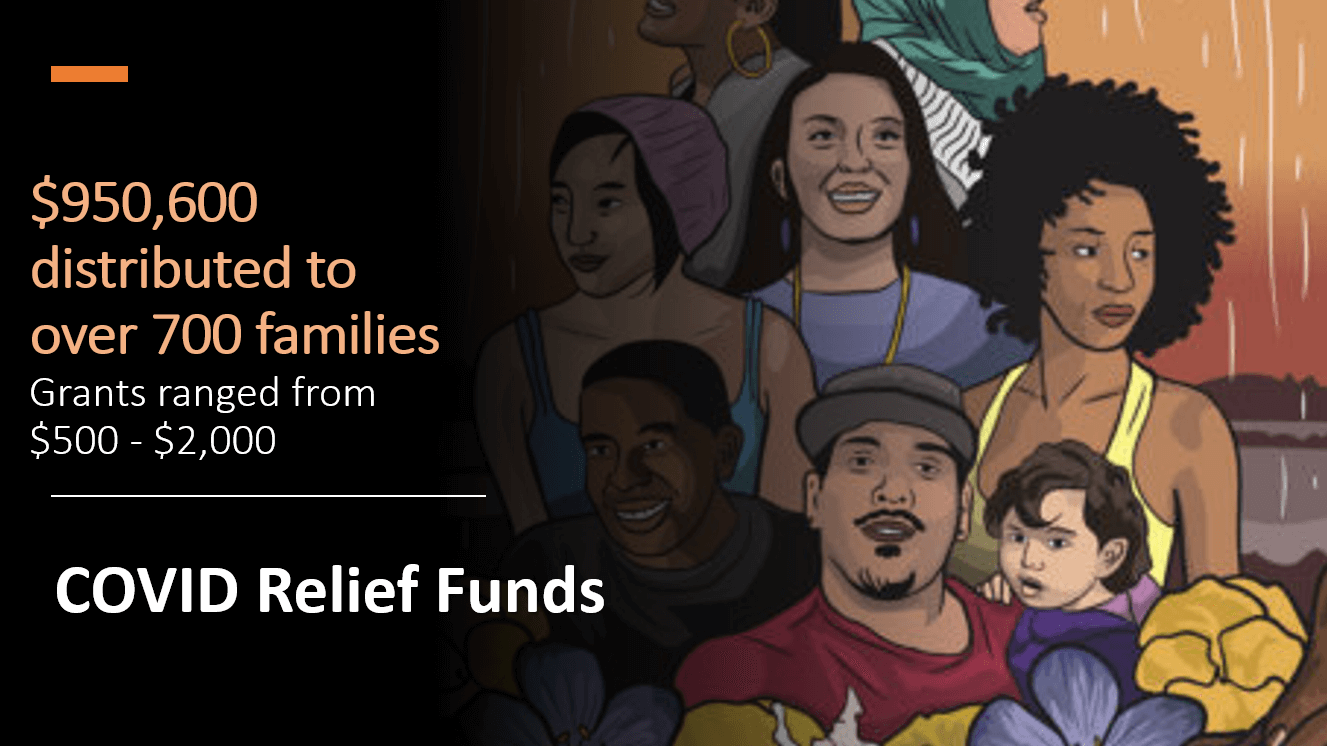
We have also incorporated healing-centered engagement as opposed to trauma-informed practice. A healing-centered approach is holistic involving culture, spirituality, civic action, and collective healing. A healing-centered approach views trauma not simply as an individual isolated experience, but rather highlights the ways in which trauma and healing are experienced collectively. The term healing-centered engagement expands how we think about responses to trauma and offers a more holistic approach to fostering well-being. HCE is strength-based, advances a collective view of healing, and re-centers culture as a central feature in well-being. DHDC has a broad range of integrated services in other departments that create a continuum of care and a pathway to self-determination. These include:
Youth programs (after-school and summer)
Serving 400 youth/year ages 5 to 24, including STEAM programs, robotics, youth development, trauma and healing, music and video production, summer youth employment, tutoring, career exploration, transportation, and food. We have also launched a dual-enrollment program for HS students who will receive credit from their home school as well as Michigan Tech University in Computer Programming.
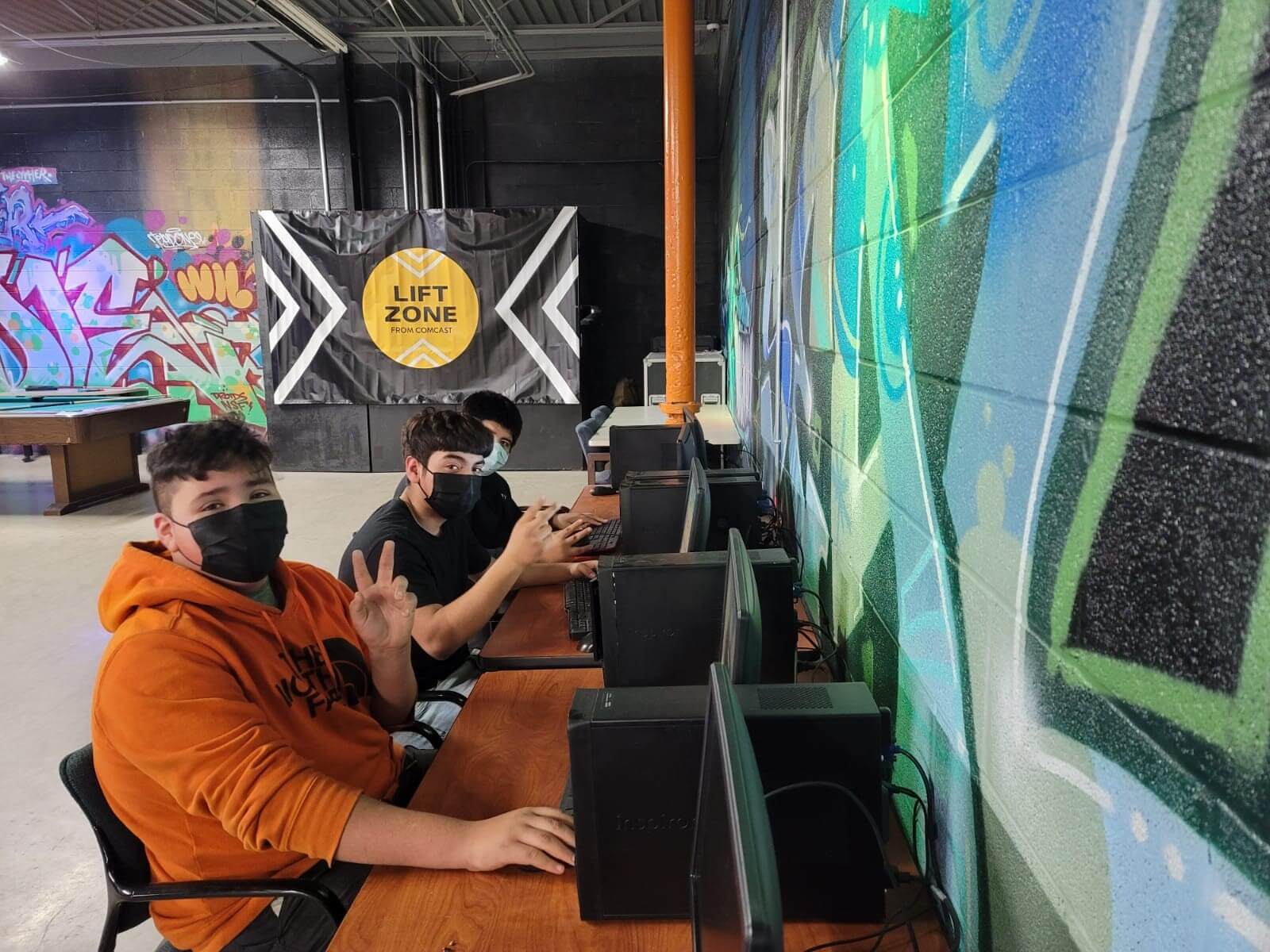
Adult, CVI & Family
Services include adult education, housing counseling, tattoo removal, re-entry services, parenting, early childhood development, and informal childcare providers support.
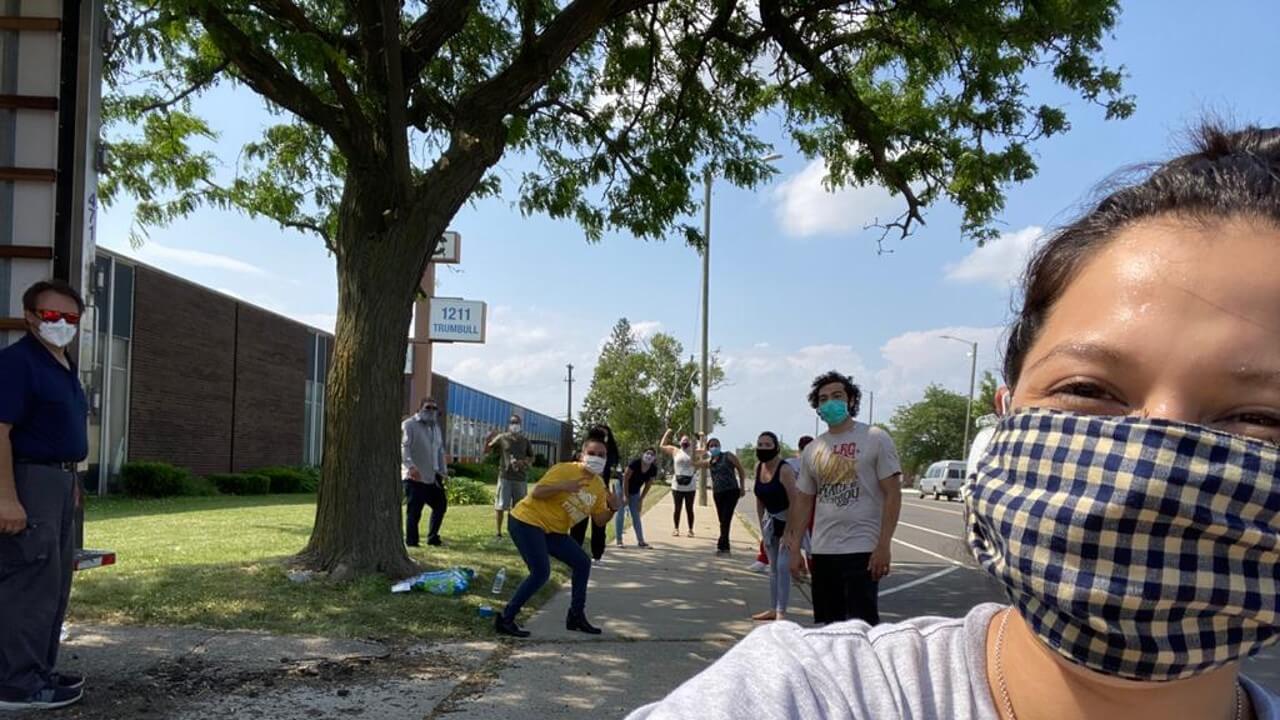
Community Organizing and Advocacy
Support with issues such as education equity and community development. This also includes providing technical assistance and small re-grants to other community-led organizations, working collectively across the state of Michigan.
